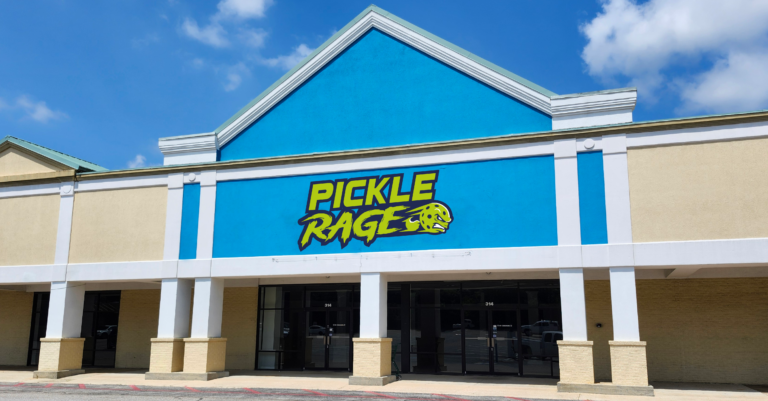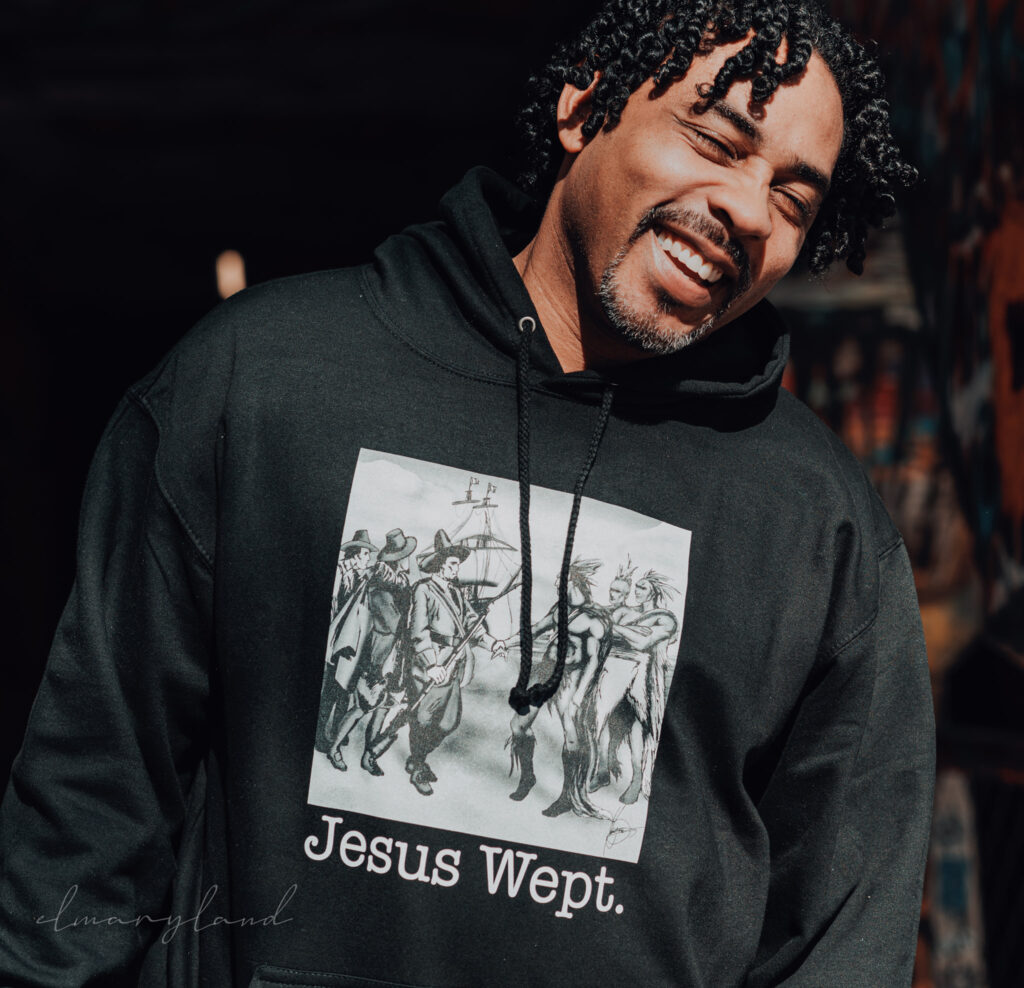Written By: Dr. Sonya Alise McKinzie
On June 19, 1865, more than two years after President Abraham Lincoln signed the Emancipation Proclamation, Union soldiers arrived in Galveston, Texas, with a message that would change the course of American history: all enslaved people were free. This day, now known as Juneteenth, marks the true end of slavery in the United States and has grown into a powerful symbol of Black liberation, resilience, and cultural pride.
Juneteenth—short for “June Nineteenth”—originated in Texas but quickly became a cornerstone of African American history. While the Emancipation Proclamation had been issued on January 1, 1863, it could not be enforced in many Southern states still under Confederate control. It wasn’t until Union General Gordon Granger arrived in Galveston and issued General Order No. 3 that the last remaining enslaved African Americans were officially freed.
For generations, Juneteenth was celebrated primarily in Black communities, especially in the South. Families would gather for barbecues, parades, prayer services, and storytelling—passing down the legacy of freedom and the struggles that came with it. These celebrations were not just about commemorating the past but also about affirming identity, community, and hope for the future.
Throughout the 20th century, Juneteenth evolved from a grassroots observance into a broader cultural movement. During the Great Migration, as African Americans moved from the South to cities across the country, they carried Juneteenth traditions with them. In the 1960s and 70s, the Civil Rights and Black Power movements infused the holiday with renewed purpose, transforming it into a day of political reflection and cultural pride. Activists used Juneteenth to highlight the unfinished work of racial justice and to honor the sacrifices of those who fought for freedom.
In 2021, Juneteenth was officially recognized as a federal holiday in the United States. This historic move not only validated the significance of the day but also acknowledged the painful legacy of slavery and the contributions of Black Americans to the nation’s history and culture.
Since then, Juneteenth has continued to grow in visibility and impact. By 2025, it has become a deeply embedded part of American life. Communities across the country now mark the day with parades, concerts, educational events, and acts of service. It has become a time for reflection, celebration, and action—an opportunity to honor the past while envisioning a more equitable future.
However, this progress has not come without resistance. In 2025, under the current administration, efforts to dismantle diversity, equity, and inclusion (DEI) initiatives have cast a shadow over Juneteenth celebrations. President Donald Trump’s executive order in January directed federal agencies to eliminate DEI programs, prompting fears among organizers that Juneteenth events held on federal property could face retaliation or be deemed noncompliant. As a result, several cities have canceled or relocated their celebrations, citing safety concerns and the increasingly volatile political climate.
Despite these challenges, the spirit of Juneteenth endures. Communities have responded with resilience, finding new ways to gather, educate, and celebrate. The attempts to suppress this holiday have only strengthened the resolve of those who understand its importance. Juneteenth is not just a day off—it is a declaration of identity, a remembrance of struggle, and a celebration of survival.
Juneteenth has had a profound impact on American culture, influencing everything from art and music to education and public policy. It has inspired countless works of literature, visual art, and performance that explore themes of freedom, identity, and resistance. Cultural institutions now host Juneteenth exhibitions and performances that celebrate Black creativity and heritage.
It has also become a rallying point for community building and empowerment. Events often include health fairs, job expos, voter registration drives, and youth programs. These initiatives not only celebrate freedom but also address systemic inequalities and promote social and economic advancement.
While Juneteenth is a celebration, it is also a reminder of the work that remains. The legacy of slavery continues to shape American society through disparities in education, healthcare, housing, and criminal justice. Juneteenth challenges us to confront these issues and to strive for a more just and equitable future.
As the holiday continues to gain prominence, it offers a unique opportunity to bridge divides and foster understanding. It invites all Americans to reflect on the meaning of freedom and to honor the contributions of those who have fought—and continue to fight—for justice.
Juneteenth is more than a date on the calendar; it is a living testament to the enduring spirit of a people who refused to be broken. It is a celebration of progress and a call to action. As we gather each year to honor this day, we not only remember the past—we shape the future.
Follow Us On Social Media!





